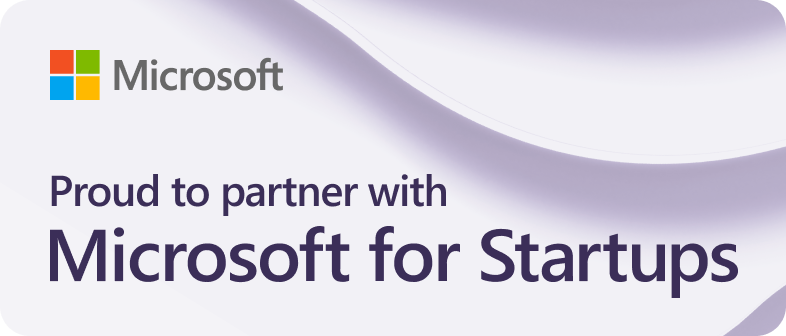Scholarships are an excellent way for students to finance their education, especially those from low-income backgrounds. Unfortunately, accessing scholarships can be challenging for many students. Each scholarship is different, with its own set of criteria, and 41%* of students in the UK are not aware of funding available to them. When students do find a scholarship, they can be cumbersome to apply for, with requirements that may not necessarily reflect their capabilities or experience.
Academic “hunger games”

One of the biggest barriers to scholarship accessibility is the emphasis on extracurricular activities. Many scholarships prioritize candidates who have participated in extracurricular activities, which can be a significant disadvantage for students who do not have the opportunity to participate due to their financial or social circumstances. Scholarships that focus on extracurricular activities tend to benefit those who are already privileged, rather than those who need financial assistance the most.
Another issue with scholarships is that the application process can be intimidating for students, especially those from low-income backgrounds. The process of justifying why they deserve the money can be daunting, and it can feel like scholarships are designed to weed out applicants rather than help talented students with financial needs. In some cases, scholarships still require applicants to print out and sign forms, which can be challenging for students who do not have access to printers or scanners.
The academic “hunger games” created by scholarships are disappointing. Instead of providing equal opportunities, scholarships can be seen as ways to sandbag the most promising talent, rather than help those with the greatest financial needs. Scholarships should be designed to help the most vulnerable students, rather than perpetuate the status quo.
A case for democratizing endowment
Another issue with scholarships is who can endow them. Many people who want to give directly to students are not able to, as they need to go through intermediaries. This means that the same faces are holding the same cards of opportunity, which can allow biases to fester. Representation matters, and it is essential to ensure that donors from diverse backgrounds have access to scholarship fund creation.
Finally, the delivery of scholarship funding is often outdated, with minimal use of technology to support the process. In 2023, scholarships should be designed with modern technology in mind, with an emphasis on making the application process more accessible and user-friendly for all students.
Akama Fund
In conclusion, scholarships have the potential to change the lives of students who need financial assistance to pursue their dreams. However, to ensure greater accessibility and equity, we need to rethink the way we award scholarships. Scholarships should prioritize the needs of the most vulnerable students, and we need to remove barriers that prevent students from accessing funding. Akama Fund is embracing technology, representation, and innovation to create a scholarship system that empowers all students to achieve their full potential.
